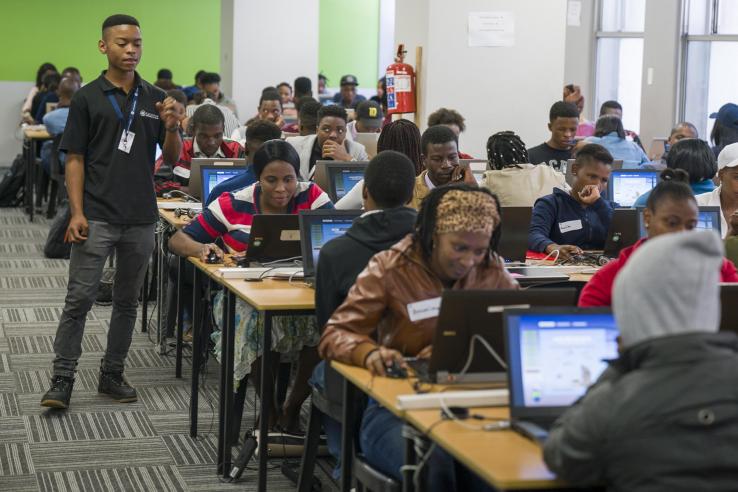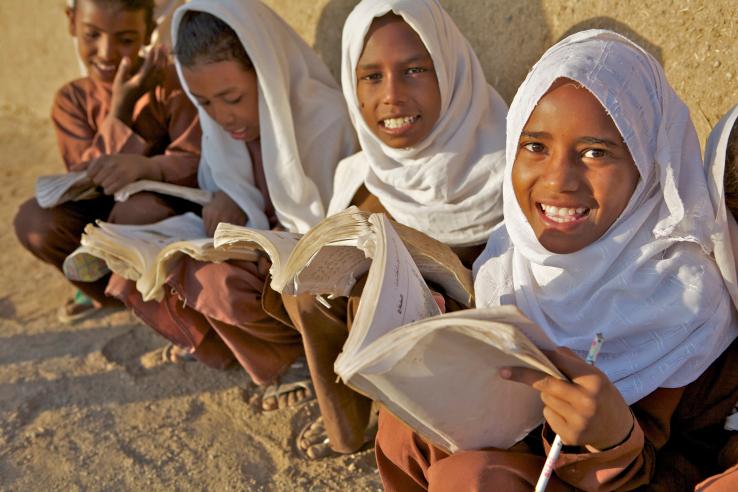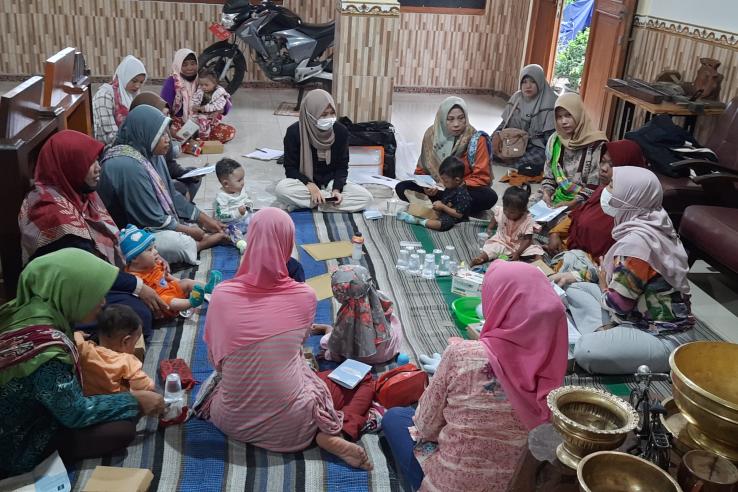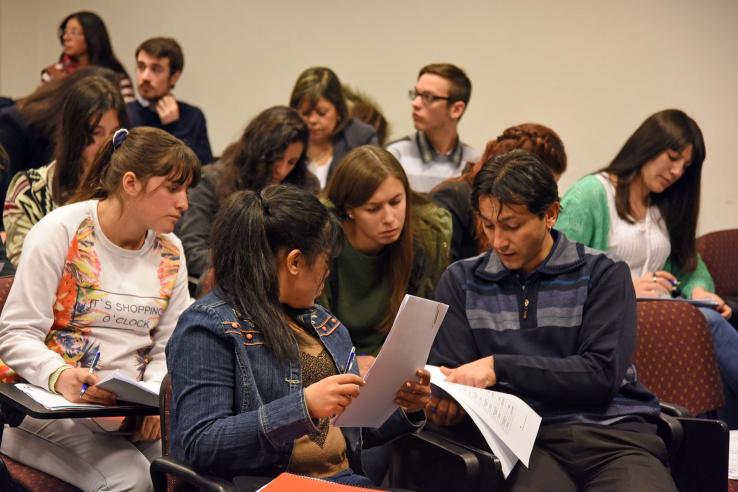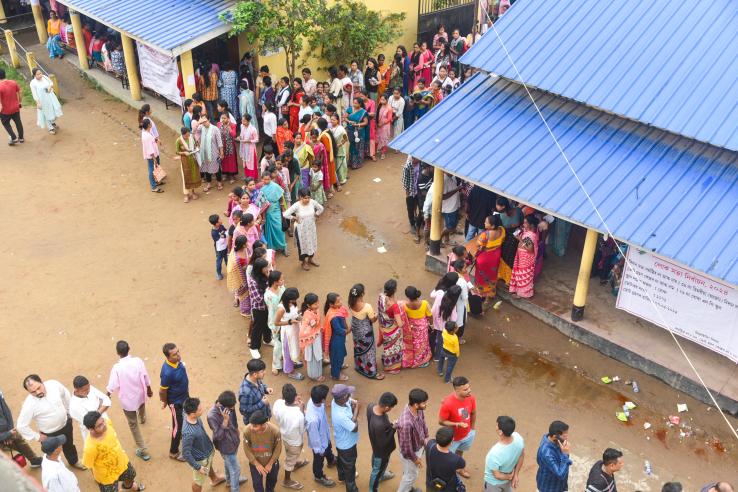Displaying 4546 - 4560 of 8497
Evaluation
Researchers conducted a randomized evaluation to test the impact of introducing a pay-as-you-go car insurance contract, which reduces minimum purchase requirements, to uninsured drivers in California. Applicants who were offered this type of insurance were nearly twice as likely to purchase car insurance than those who were offered a traditional car insurance contract, but this impact faded over time.
Evaluation
Researchers conducted a randomized evaluation to test the impact of text message reminders on rates of failure to appear in court (FTA) among people who are unhoused and housed in rural Shasta County, California. The reminders reduced FTA rates for the housed population, but did not impact FTA rates for people experiencing homelessness.
Evaluation
In South Africa, researchers partnered with Harambee Youth Employment Accelerator to evaluate the impact of providing information about a job seeker’s skills on job seekers’ beliefs, search effort, and employment outcomes. Providing information to job seekers and prospective employers increased participants’ employment and earnings. Job seekers updated their beliefs and strategies for job search, and employers received information they valued.
Evaluation
Recent studies have shown that a psychology-based entrepreneurial mindset training can have promising effects on business outcomes. In Ecuador, researchers are evaluating whether these skills can be taught at scale and online by testing the effects of an entrepreneurial mindset training program on youth education and employment outcomes. They are also investigating if and how the effects change when the program is paired with mentoring.
Blog
Last year, J-PAL published a policy brief and implementation guide synthesizing evidence from sixteen randomized evaluations of life skills programs for adolescent girls. The findings show that such approaches can be particularly effective in boosting self-efficacy (confidence in achieving certain...
Blog
J-PAL Southeast Asia organized a research-to-policy showcase bringing together policymakers, researchers, civil society organizations (CSOs), development partners, and private sector to discuss innovations for strengthening the last-mile delivery of early childhood education and development (ECED)...
Research Paper
File: Research paper
Evaluation
Researchers evaluated the impact of poverty reduction via an unconditional cash transfer to mothers on child neurodevelopment. Children in families that received a $333 monthly transfer displayed different brain activity patterns than children whose mothers received only $20 a month.
Evaluation
Researchers sent emails to schools posing as parents of students with randomly-varied characteristics to assess if schools responded differently to different types of students. The researchers found that on average both charter and traditional public schools were less likely to respond to students that were signaled as having disabilities, a behavior problem, or low prior academic achievement. The researchers also found that compared to traditional public schools, charter schools were less likely to respond to messages that signal the student has a disability.
Evaluation
Researchers partnered with the government of Uruguay to evaluate the impact of a national youth employment program. The program increased participants’ earnings and school enrollment during and up to two years after the program, suggesting that work-study programs may ease students’ school-to-work transition.
Evaluation
Researchers studied the impact of an in-school program to provide application assistance at schools where fewer than half of high school seniors typically enter college the following year. Application fee waivers combined with an online tool that provided customized college information boosted college application and enrollment rates. A less customized version that includes fee waivers increased application rates but not enrollment, and variations with no fee waivers had negligible or even negative effects on application rates and enrollment.
Evaluation
Those self-employed in microenterprises, who often report low profits and own few assets, account for fifty percent of the labor force in low-income countries. Researchers are conducting a randomized evaluation to test the effect of relieving constraints to microenterprise relocation on business income in Kampala, Uganda.
Evaluation
Researchers tested the impact of a job search planning intervention on job search efficiency and employment among unemployed youth in South Africa. The planning intervention improved participants’ job search intensity and efficiency, leading to higher rates of employment.
Evaluation
Although 20 percent of the population in New Delhi, India live in slums and represent an important voter group for politicians, public service provision in slums remains inadequate. In an ongoing study, researchers evaluated whether providing information to government officials and slum dwellers can lead to higher accountability and improved service delivery.


